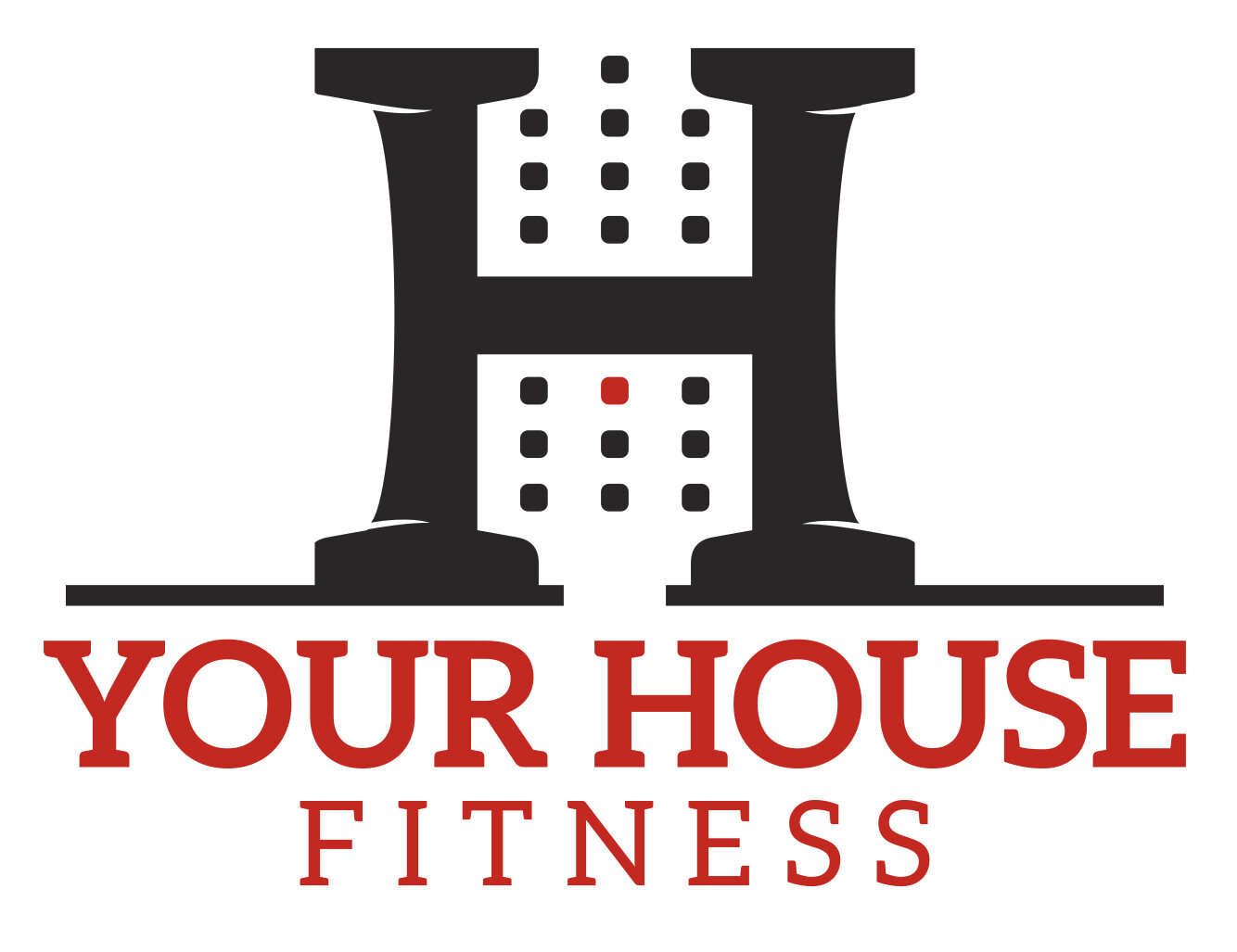Opinions on Fitness Wearables by Personal Trainers
Table of Contents
Introduction to Fitness Wearables
In this Trainer roundtable, we will be speaking about fitness wearables.
The fitness wearables market is getting more interesting with new devices being created. These include popular items like Apple Watches and Fitbit, and even exciting technology like VR that lets you exercise in video games. An article by IDTechX says that fitness wearables have grown into an almost $90 billion industry in the past ten years.
Today, we're going to hear from different trainers about fitness wearables. Each one will share their thoughts on this growing part of the fitness world.
Opinions on Fitness Wearables
Carlos's Using an Apple Watch to Track Runs
So I see it all the time: my clients have various fitness wearables, such as Apple Watches, Fitbits, or fitness tracker rings. I honestly think these are pretty cool gadgets that help with motivation, accountability, and reminders. I personally use my Apple Watch to track my running. Right now, I'm training for a half marathon, and although it's not necessary to have a fitness wearable, it definitely helps. I use the Apple Watch connected with the Nike Run app, allowing me to track my distance, cadence, pace, heart rate, and calories burned. You can even download music on it, so I don't have to have my phone with me when I run. It's super convenient; I can just look down at my watch to make sure my running is dialed in.
For my clients, having a fitness wearable is helpful as it can track their activity and daily steps. When starting a new fitness routine and nutrition plan, it's also important to maintain daily activity even when not at the gym. Having a target step goal can assist in achieving this. For someone like me who loves numbers and data, a fitness wearable is excellent, offering more tools in your toolbox.
However, as I mentioned before, a fitness wearable is not necessary. You can start your exercise program without one. You don't have to go out and buy expensive equipment as long as you're moving every day. If you enjoy having the numbers and seeing the data, I would definitely recommend one, but don't let that hold you back from starting with what you've got.
Jordan's Take on Its Ability to Hold You Accountable
For me, fitness wearables are a very useful way to stay accountable to your fitness regimen. More importantly, they provide you with an objective numerical measurement to track progress. As a trainer, if you're not measuring, you're just guessing. There are many metrics that can only be tracked by an external device, such as a fitness wearable. This includes steps taken, heart rate during and after workouts, resting heart rate, and more. In my opinion, these metrics are absolutely essential if you're serious about improving your fitness, especially for endurance, sports, or cardiovascular health.
The best thing about fitness wearables is that they are often items you would wear anyway, such as a watch. So not only can you tell the time and use a stopwatch, but you also get the added benefit of being able to track your fitness metrics throughout the day. These metrics are usually summarized in an app, so you can track general improvement over time.
As a trainer myself, I love it when a client has a fitness wearable and uses it all the time. It shows the improvement over time from both a macro and micro point of view, which sometimes cannot be seen with the naked eye or in a mirror. I personally don't use a fitness wearable because my goals do not require it as much.
Overall, I would say if you are involved in an endurance sport, are a serious athlete, or have weight loss/weight goals, using a fitness wearable can only be beneficial to you. The only con for me, compared to a normal watch, is that you usually have to recharge it every day.
Sergio's Insight on the Whoop Bracelet
Fitness wearables are good for keeping track of exercise and what you eat. I've used an app called Whoop that looks at your heart rate and activity. One thing that it does well is providing great recovery data during sleep times.
From the con side of the whoop it's the high cost of the monthly subscription. Also, I didn't feel that it would track data (such as, resistance training).
Currently, I'm not using any fitness wearable. I've learned to enjoy it tracking my fitness logs by myself.

